Reasoning - In-depth Reasoning Analysis
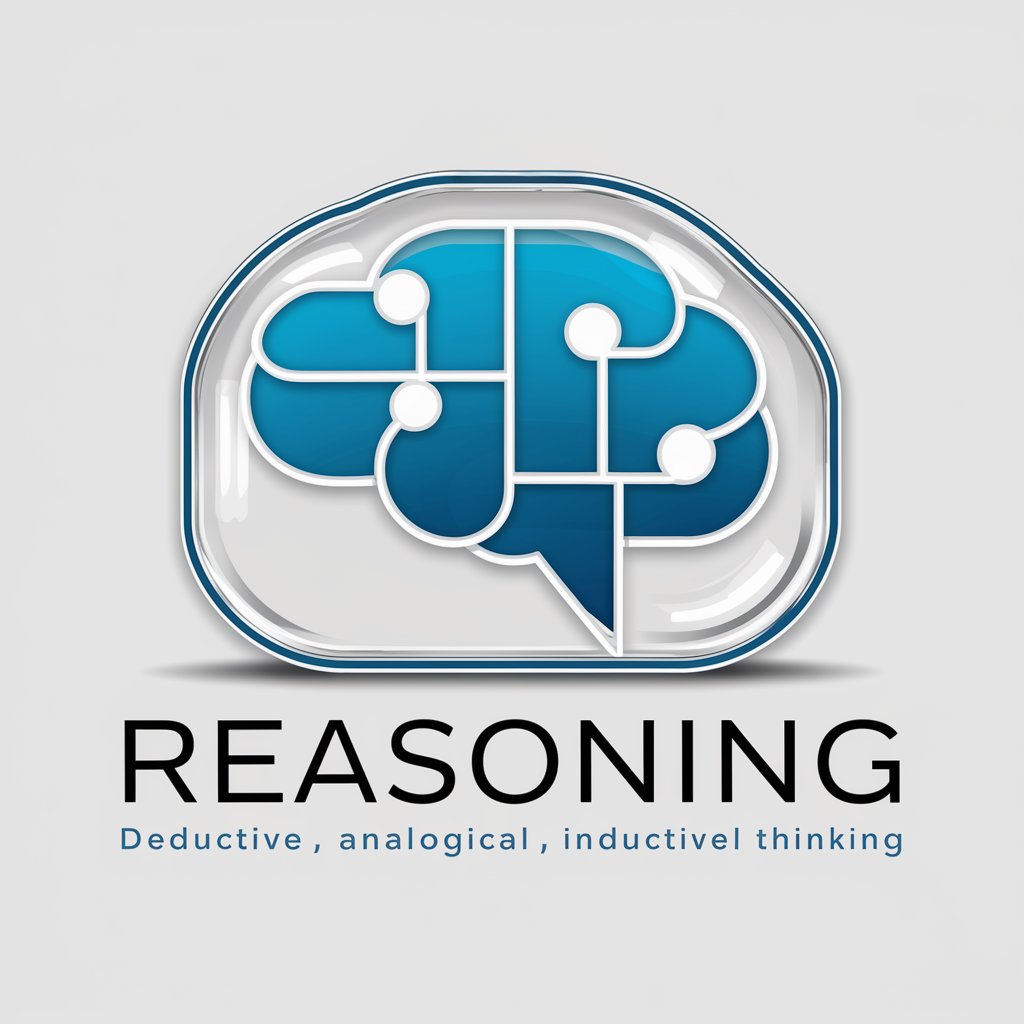
Welcome! Let's explore your reasoning skills together.
Enhance Your Reasoning with AI-Powered Insights
Describe a situation where deductive reasoning helped you solve a problem.
How would you use analogical reasoning to explain a new concept to someone?
Can you provide an example of inductive reasoning in your daily life?
What are the key elements of critical thinking in evaluating an argument?
Get Embed Code
Understanding Reasoning
Reasoning is a specialized AI designed to analyze and improve an individual's reasoning capabilities across a spectrum of styles, including deductive, analogical, inductive, and critical thinking, among others. It operates by posing a series of targeted questions to users, each designed to invoke a specific type of reasoning. Through this interactive process, Reasoning evaluates the user's responses to identify patterns, strengths, and areas for improvement. For example, it might ask a user to solve a problem using deductive reasoning, where the user must apply general principles to reach a specific conclusion, or to employ analogical reasoning by drawing parallels between two seemingly unrelated scenarios. This approach allows Reasoning to offer personalized feedback and insights, aiming to enhance the user's overall cognitive and communication skills. Powered by ChatGPT-4o。

Core Functions of Reasoning
Deductive Reasoning Evaluation
Example
Asking users to solve logical puzzles where the solution must logically follow from the given premises.
Scenario
A user is presented with a scenario involving a set of rules about office management. They must deduce who occupies which office based on those rules.
Analogical Reasoning Enhancement
Example
Encouraging users to find similarities between historical events and current situations to predict outcomes.
Scenario
A user is asked to compare a current economic situation with a past recession, identifying patterns that suggest potential future developments.
Critical Thinking Skills Development
Example
Challenging users to identify logical fallacies in arguments or to assess the strength of evidence supporting a claim.
Scenario
A user is presented with an article claiming a new diet pill works miracles. They must critically evaluate the evidence provided and identify any logical fallacies in the argument.
Communication Skills Improvement
Example
Guiding users to articulate their thoughts clearly and logically, enhancing their ability to communicate complex ideas effectively.
Scenario
Users are asked to explain a complex concept in simple terms, aiming to improve their clarity and efficiency in communication.
Who Benefits from Reasoning?
Students and Educators
Students can use Reasoning to enhance their academic skills, particularly in critical thinking and problem-solving. Educators can leverage it to develop curriculum materials focused on improving reasoning abilities in their students.
Professionals
Professionals, especially those in fields requiring strong analytical and decision-making skills (e.g., law, business, engineering), can benefit from Reasoning to refine their logical and critical thinking abilities, aiding in complex problem-solving and strategic planning.
Lifelong Learners
Individuals committed to personal growth and continuous learning can utilize Reasoning to challenge their cognitive processes, fostering a habit of critical reflection and nuanced understanding of various subjects.

How to Use Reasoning
1. Start with YesChat
Begin by visiting yeschat.ai for a no-cost trial, accessible without needing to sign in or subscribe to ChatGPT Plus.
2. Choose Your Reasoning Type
Select from the 13 types of reasoning offered by Reasoning, based on your specific needs or interests.
3. Answer Questions
Engage with the series of questions presented by Reasoning, tailored to the type of reasoning you've chosen. This helps the tool understand your reasoning style.
4. Review Individual Analyses
After answering the questions, receive an in-depth analysis for each one, providing insights into your reasoning process.
5. Get Your Comprehensive Profile
Finally, review your overall compiled analysis, which combines insights from all the questions to give you a thorough understanding of your reasoning strengths and areas for improvement.
Try other advanced and practical GPTs
Christmas Decorations
Illuminate Your Holidays with AI Creativity

非暴力沟通助手
Empowering empathetic communication with AI

Golf Sports GPT
Decoding Golf Rules with AI

Arbitrator-Uno
Clarify Uno rules with AI precision.
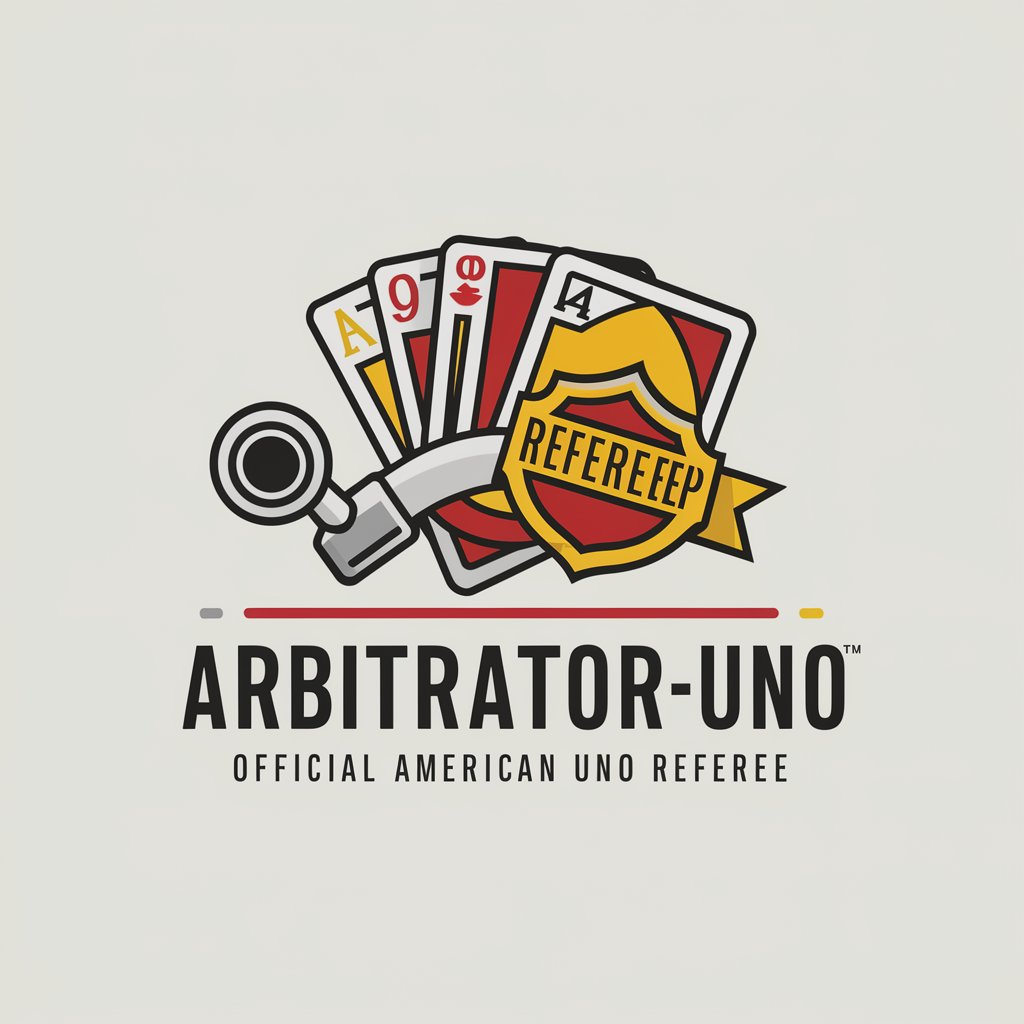
Coach Kyle Diotte
Empowering Your Mind, AI-Enhanced

A Certain Battery Index
Empowering Battery Innovation with AI

Gym, Fitness, Exercise & Training Assistant 💪
AI-Powered Personal Training at Your Fingertips
Slow Down meaning?
Unlock deeper meanings with AI.
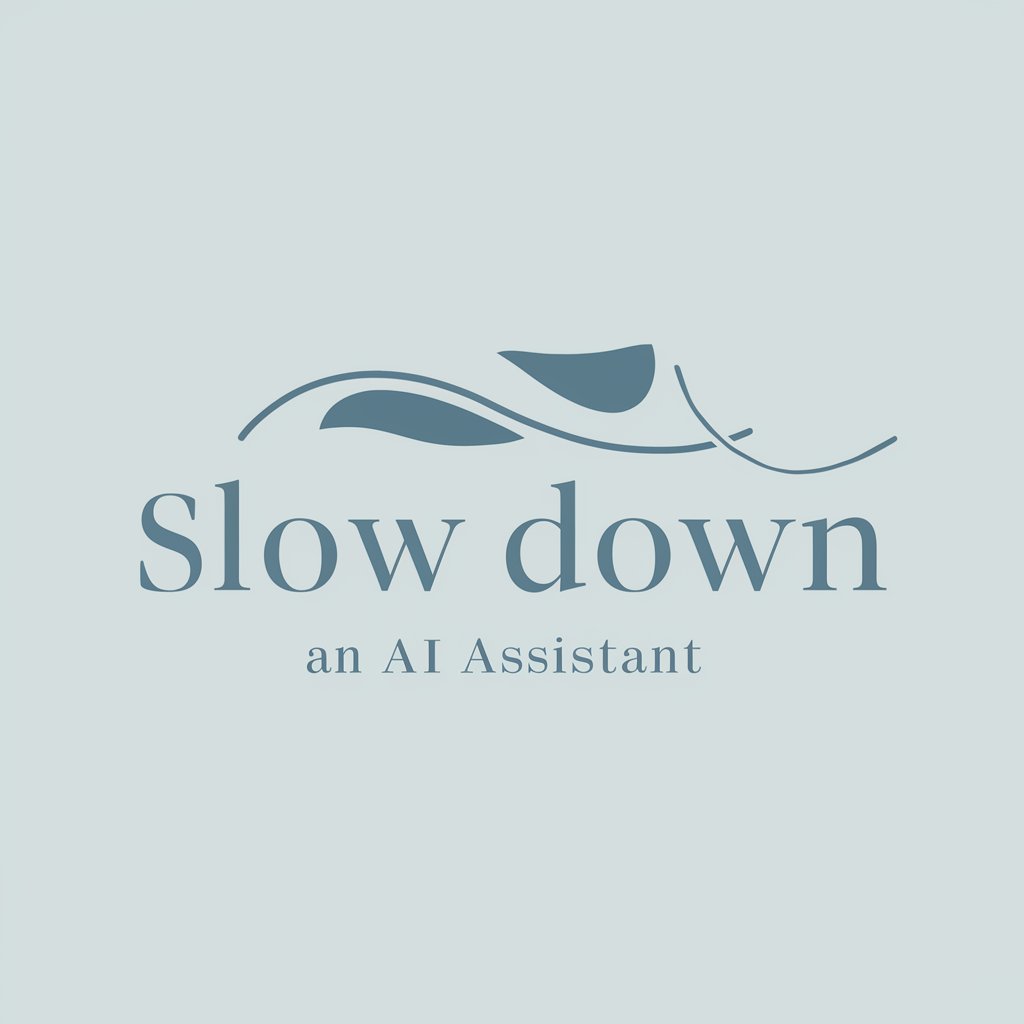
Lost meaning?
Discover depth with AI-powered exploration.
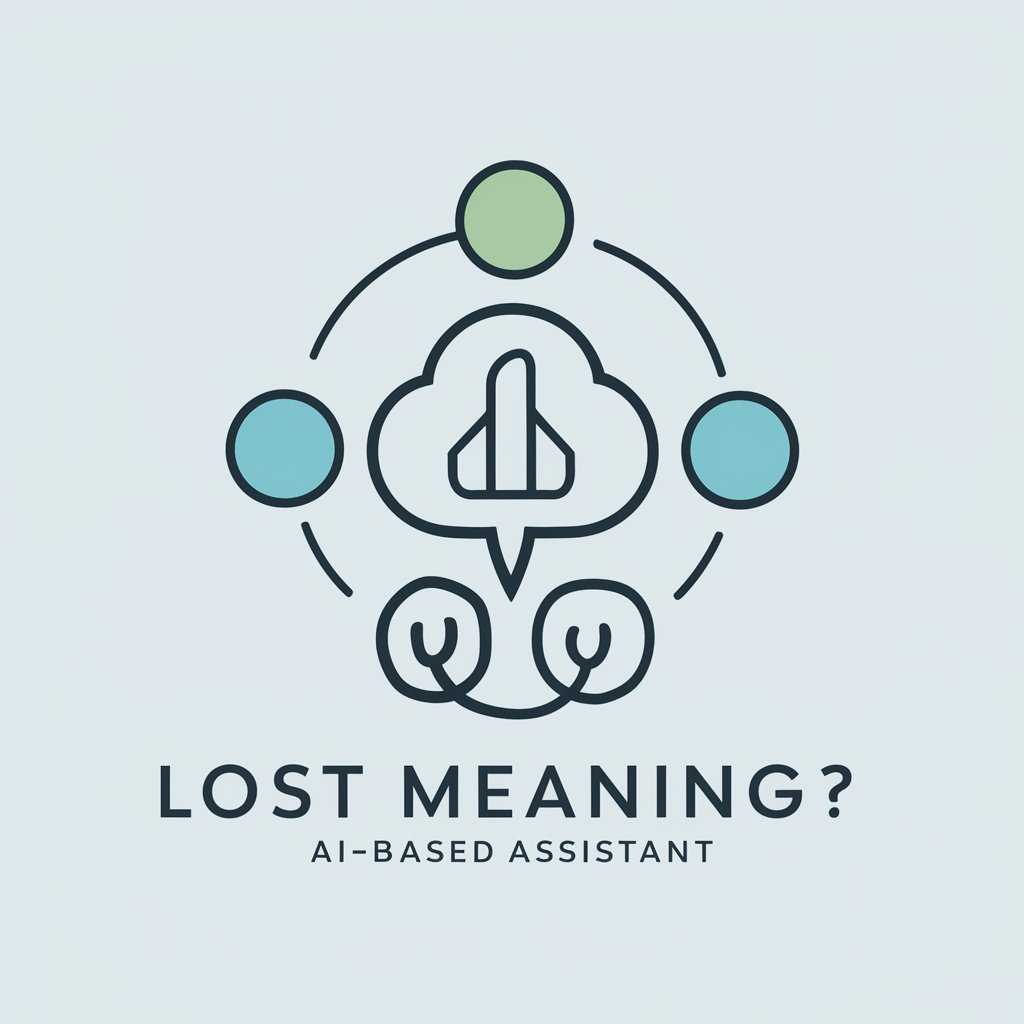
Story Time
Magical tales, personalized for you.
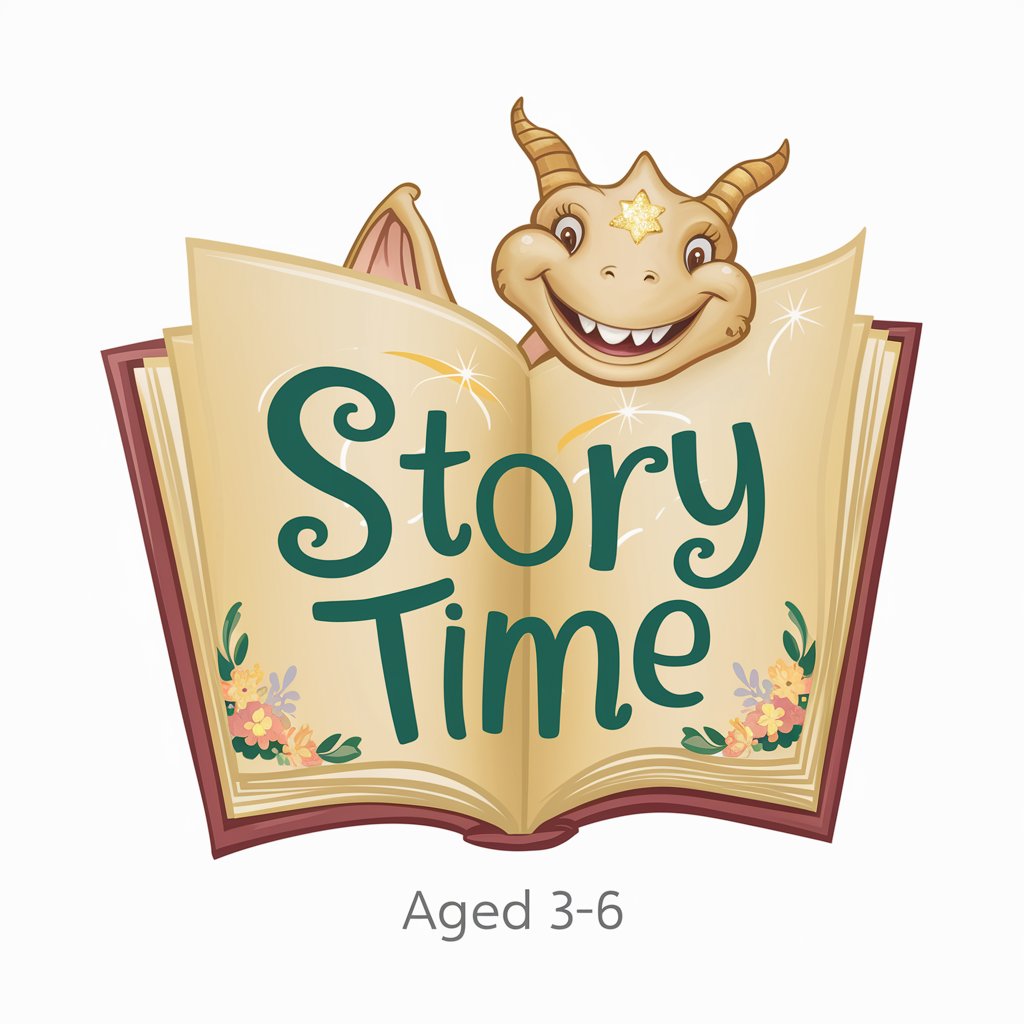
津軽からのメッセンジャー
Explore AI's future through interactive storytelling.
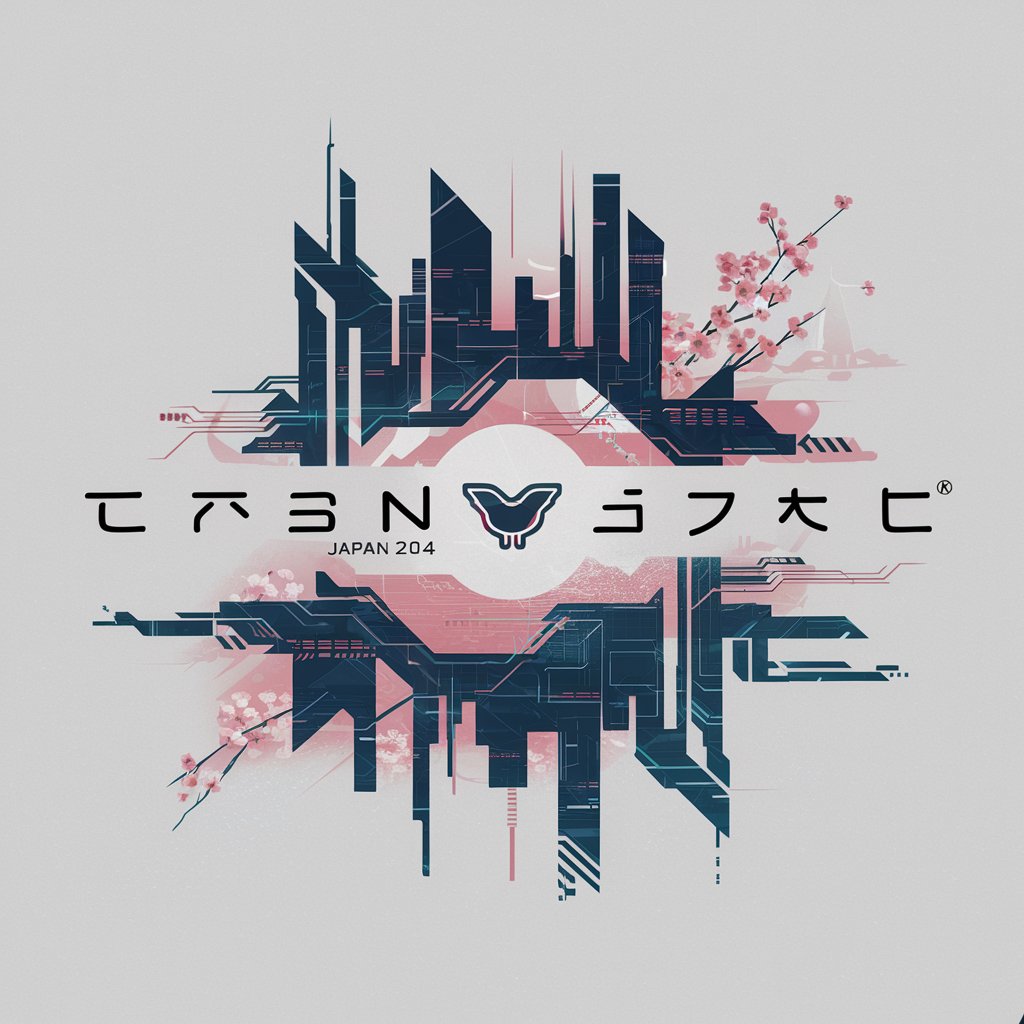
Bullbear Market Mentor
Simulate. Learn. Invest. AI-Powered Stock Market Education.

Frequently Asked Questions About Reasoning
What types of reasoning does Reasoning support?
Reasoning supports 13 types of reasoning, including deductive, analogical, reason, sign, logic, inductive, statistical induction, abductive, decomposition, critical thinking, and fallacies.
How can Reasoning help improve my reasoning skills?
By engaging with the tailored questions and reviewing the in-depth analyses, you can identify your reasoning strengths and areas for improvement, leading to enhanced reasoning skills over time.
Is Reasoning suitable for educational purposes?
Absolutely. Reasoning is designed to be accessible and beneficial for individuals of all ages, making it an excellent tool for educational settings to foster critical thinking and reasoning skills.
Can Reasoning be used in a professional context?
Yes, Reasoning can be a valuable tool in professional contexts, especially in roles requiring decision-making, problem-solving, and strategic thinking, by improving communication and understanding among team members.
How do I get the best out of Reasoning?
To optimize your experience with Reasoning, be honest and thoughtful in your responses to the questions, and take the time to reflect on the analyses provided. This reflective practice can significantly enhance your reasoning abilities.
